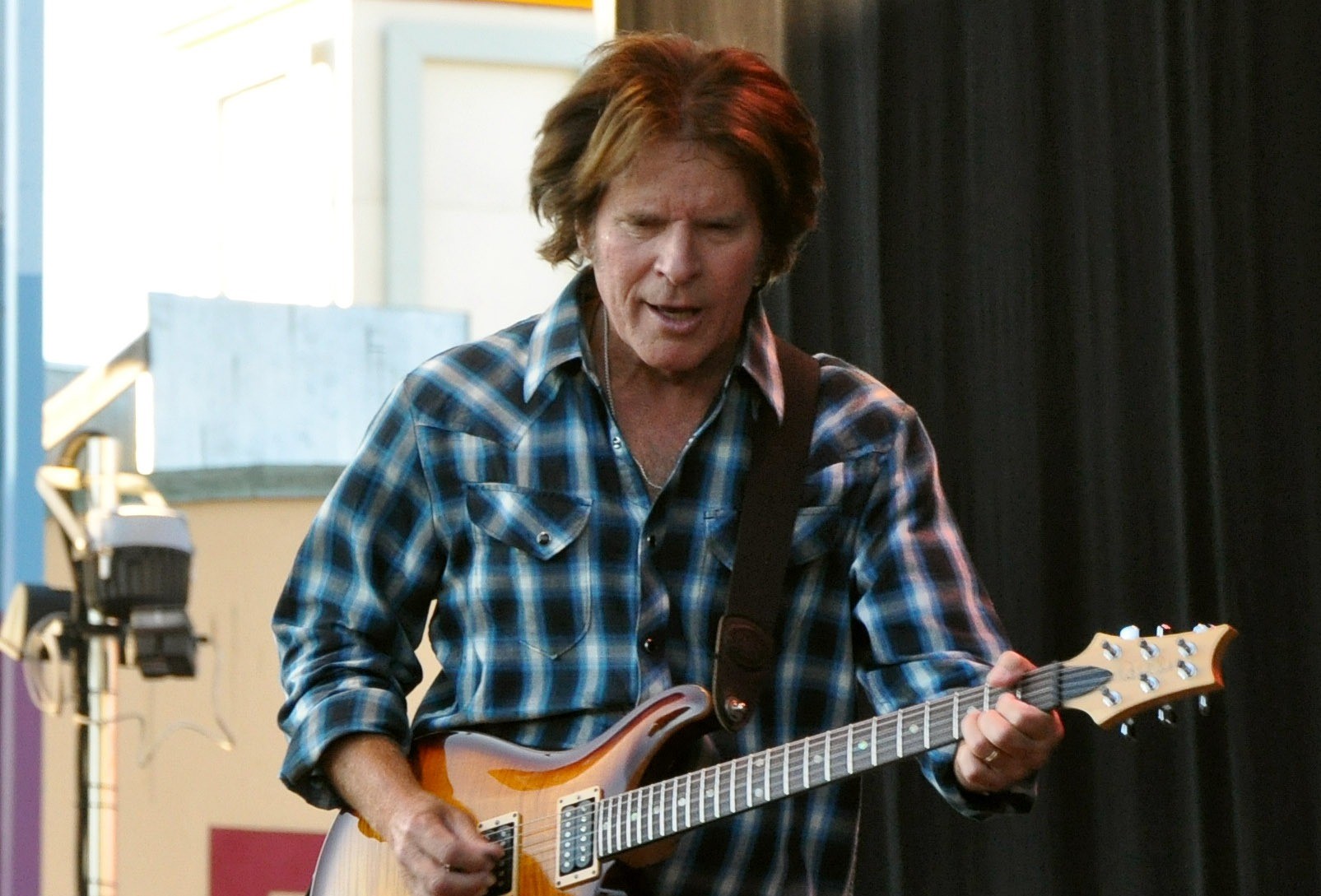After celebrating his 80th birthday at New York’s Beacon Theatre, Fogerty announced something that would make Taylor Swift proud: a complete re-recording of his Creedence Clearwater Revival catalog. But unlike Swift’s strategic reclamation project, Fogerty’s “Legacy: The Creedence Clearwater Revival Years” feels more like a veteran musician finally getting to play his songs without lawyers hovering in the wings.
This 20-track release isn’t just a nostalgia project—it’s a meticulous resurrection of classic arrangements, recreated note-for-note by John Fogerty and his sons. With Shane and Tyler on instruments, the album bridges generations while honoring the most innovative rock songs of the ’60s that continue to defy time.
Here’s where it gets interesting for your wallet and your conscience. When you stream “Proud Mary” now, you’re feeding the same corporate machine that kept John Fogerty from owning his creativity for five decades.
When you stream “Proud Mary (John’s Version)” in August, that money goes directly to the guy who wrote it while dodging the Vietnam War draft and channeling Louisiana bayou mysticism from a suburban California garage.
Fogerty admits he initially “didn’t want to have anything to do with” re-recording these songs. Can you blame him?
Imagine being forced to perform your greatest hits for 50 years while someone else collects the checks, then having to record them again just to own the masters. It’s like being asked to retell your best stories because someone else legally owns the copyright to your memories.
The difference between Fogerty’s project and Swift’s isn’t just generational—it’s philosophical. Using isolated audio “stems”, Fogerty and Shane could listen separately to each vocal and instrumental part to create precision copies.
This isn’t artistic reinterpretation; it’s audio archaeology. Fogerty wants these new versions to sound exactly like the originals, but with better fidelity and the satisfaction of finally owning his damn songs. It’s more methodical than a Wikipedia deep dive at 3 AM, but infinitely more rewarding.
Early listeners say the new recordings sound “fresher” with “more dimension” and “more depth,” which makes sense when you consider modern recording technology versus whatever they were using in 1969. “The first five or six people I’ve talked to who’ve listened to it all say it sounds ‘fresher,’” Fogerty told Rolling Stone. “Maybe what they’re saying is it’s clearer, or the fidelity is better, or something? That may be something I hadn’t even counted on, but there’s more dimension to it, more depth.”
Your playlist decisions just got layered with legacy. Do you stream the originals for nostalgia, or John’s versions for artistic justice? The savvy choice is clear: queue up the re-recordings—because the songs that once shook festival fields like Bowie’s legendary Glastonbury set deserve to finally reward the artists who created them.
“Legacy” drops August 22nd via Concord, proving that sometimes the best revenge is living well—and owning your masters at 80.


























